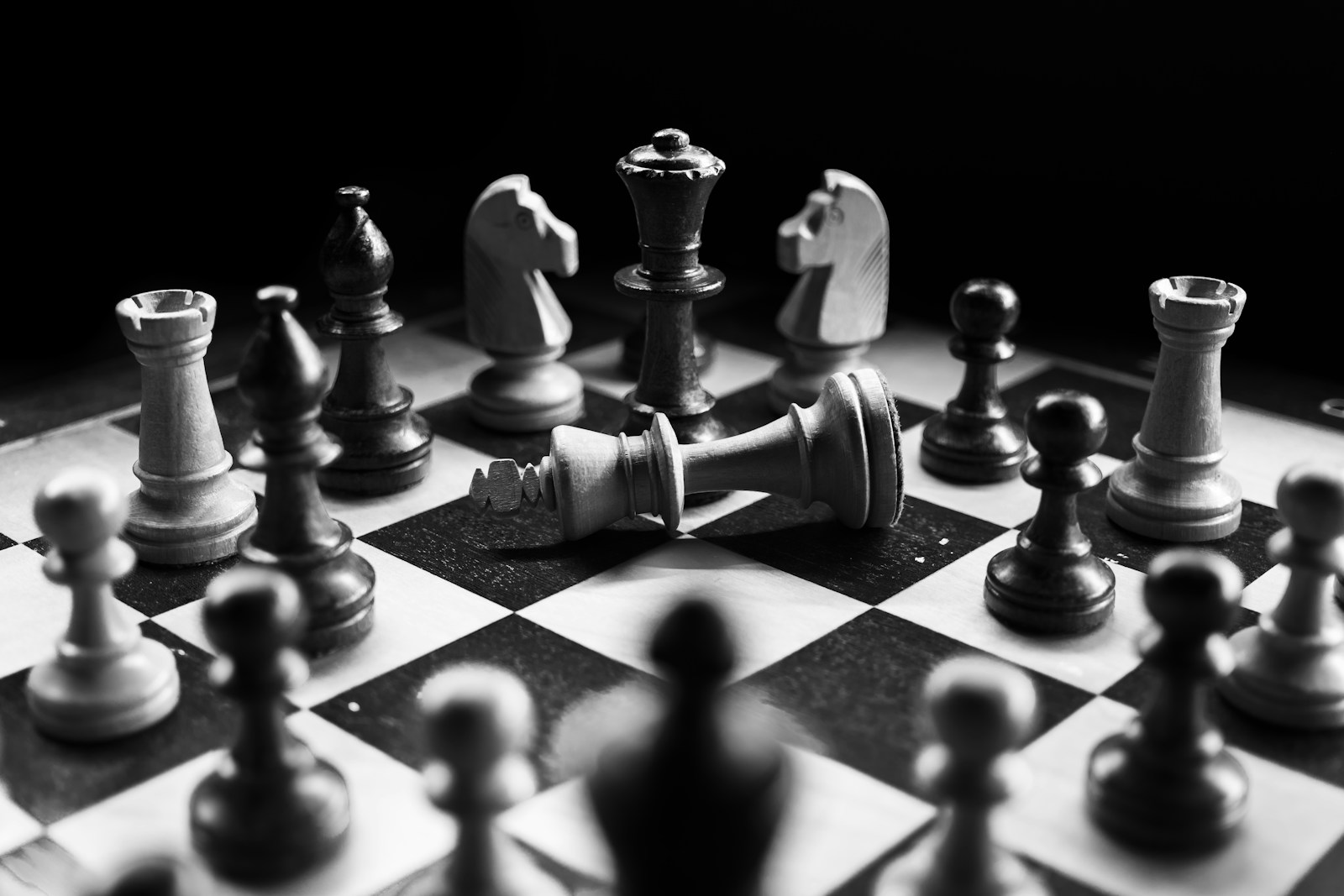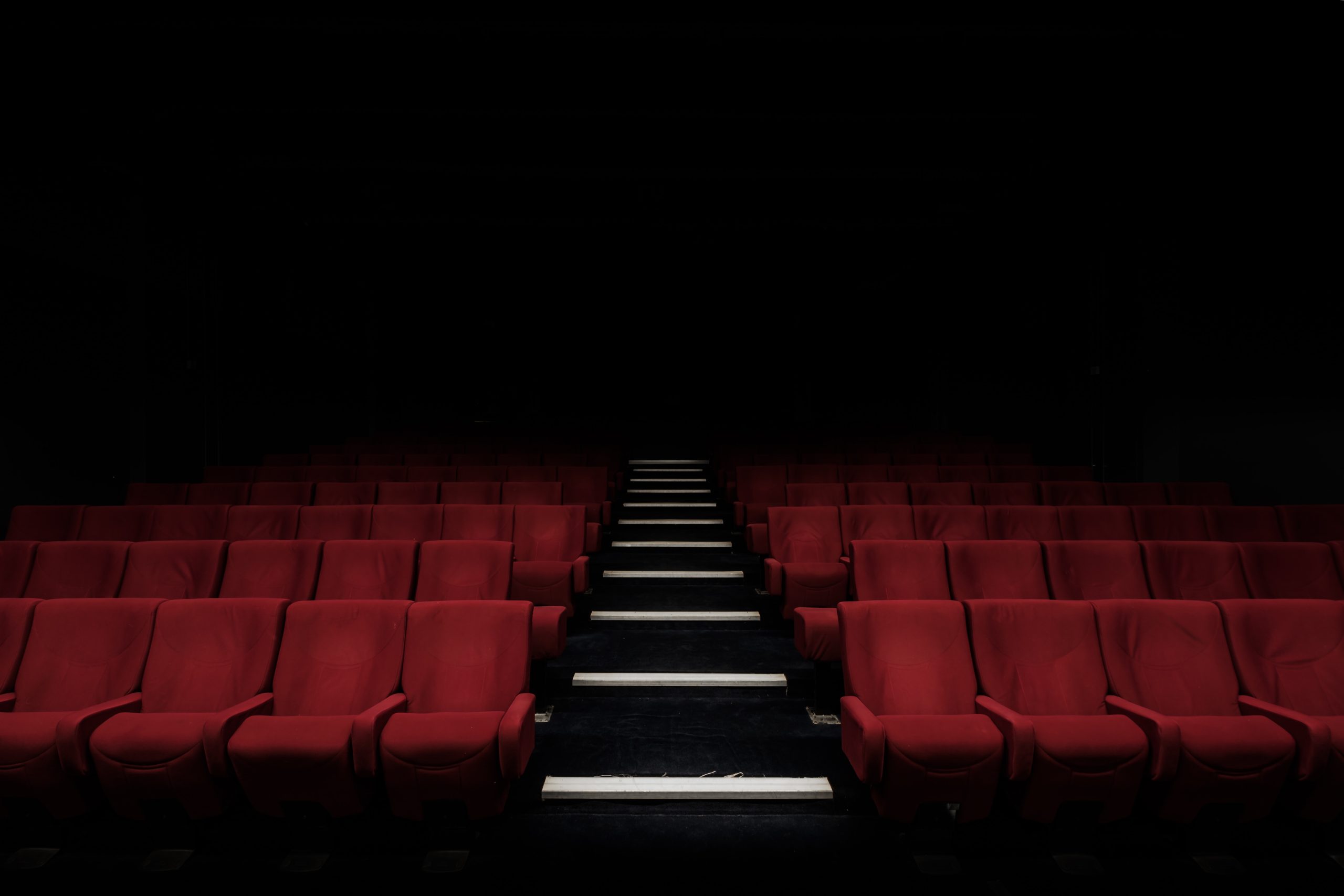Back in the late 1990s, when the thirteenth world chess champion, Garry Kasparov, confronted the chess “umbrella” organization – FIDE, nobody could have foreseen that his grievances against the then president of FIDE, Florencio Compamanes, would echo almost verbatim his later complaints against Vladimir Putin during the latter’s first and second presidential terms: increasing authoritarianism, nepotism, opacity, corruption, and favoritism, leading to a erosion of democratic processes within the “umbrella” organization. This turned it into a closed corporation where corporate interests supersede public welfare and are pursued at the expense of the latter.
As history knows, Garry Kasparov lost his battle against Putin and left Russia in 2012, and the entire world has been observing with astonishment, through online platforms, the extent to which Putin’s Russia has been transformed over the past two years.
In present-day Georgia, which has been striving to liberate itself from Russian occupation for thirty years and integrate fully into the European community, there is no prominent figure in the arts whose dissenting voice resonates as Kasparov’s did. However, the International Confederation of Authors and Composers (the principal umbrella organization in copyright matters – CISAC) is experiencing a sense of déjà vu with their grievances against the incumbent leader, Gadi Oron, reminiscent of the major chess scandal of the last century. While Kasparov had accused the president of the international chess “umbrella” organization of colluding with the Soviet Union Chess Federation (a FIDE member) and advocating for Anatoly Karpov, the favored chess player of the communist regime, Gadi Oron, the longstanding chairman of the Copyright Federation of Georgia (a CISAC member), now faces accusations of similar lobbying.
Events unfolded as follows:
Last year, a comprehensive reform was undertaken in the domain of copyright and related rights management in Georgia. This reform, in line with directives from the European Parliament and the Council of Europe, thoroughly reviewed issues about collective property rights management and, following international best practices, established regulations.
The process of amending Georgia’s “Copyright and Related Rights” law continued with the support and involvement of partners CLDP and USAID. Transparency and inclusivity were ensured from the outset of the project. Numerous international and authoritative organizations were directly involved in the drafting process. Two public hearings and several working sessions with international experts were conducted regarding the draft law.
The new law enshrined principles of transparency, fairness, and good governance, providing robust legal safeguards for the protection of rights holders and users. Additionally, the law mandated accreditation for organizations engaging in collective management of property rights.
The entire accreditation process adhered to international standards and Georgia’s legislative requirements. Sakpatent announced a competition for accrediting organizations for collective property rights management, with the Intellectual Property Owners Association (IPOA) emerging victorious. The incumbent Georgian Copyright Association (GCA), which had enjoyed a monopoly over the field for 12 years under the leadership of the unchanging chairman, Giga Kobaladze, was disqualified from the competition.
It’s worth noting that within the reform framework, two independent auditing firms scrutinized Kobaladze’s activities and uncovered numerous egregious violations. It was revealed that the GCA chairman had, over the years, misappropriated nearly half (47%) of the association’s accumulated fees for the comfort of his administration, far exceeding established norms of good governance in the field. As a result, over 14 million GEL was squandered and unlawfully appropriated.
The revelation of these scandalous facts triggered a wave of departures from GCA by many prominent Georgian authors, who, together with former members of GCA’s rival organization “GERA,” established a new organization, IPOA, and emerged victorious in the competition.
Against this backdrop, CISAC’s aggressively negative stance toward the extensive reform in Georgia and its outcomes raises numerous questions. Gadi Oron’s demands to annul the competition results and, furthermore, to reassess the successful reform under Western patronage, are met without proper justification. In Georgia, it’s believed that the issue lies not in the failure of the reform, but in the lobbying (favoritism) of the GCA chairman by CISAC’s leadership, which was ousted from the field management by the reform. CISAC is suspected of attempting to derail the reform to protect “Private Kobaladze.”
Georgians also recall previous instances of dubious lobbying by CISAC’s leadership, citing the case of Russia, where Fedotov, the former chairman of the Russian Authors’ Society (RAO) – hailed as the best manager and supported by Gadi Oron – was implicated in financial malpractice and subsequently imprisoned. Fedotov had illegally acquired a palace in Britain with royalties belonging to the authors, a matter extensively covered by the British press.
The Georgian government has no intention of revising the reform, as evidenced by correspondence between CISAC and the management of the Georgian Intellectual Property Agency (Sakpatent), which was published in Georgian media, revealing CISAC’s weak and biased arguments against the reform.
The future will determine the success of the Georgian reform, which should primarily benefit Georgian authors’ royalties, especially those who parted ways with Kobaladze and triumphed under the auspices of the new organization.
Top of Form
Bottom of Form
source link eu news











